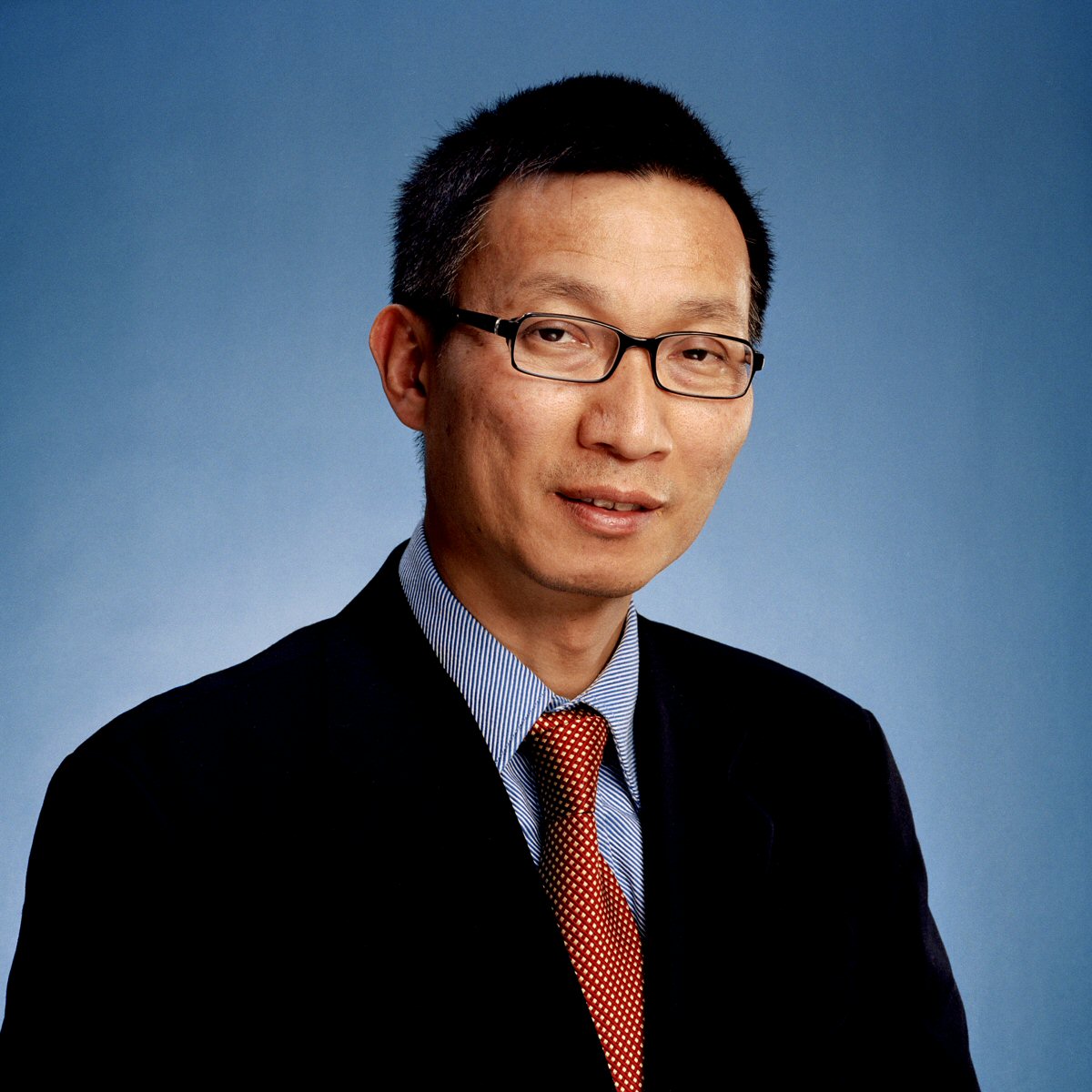The real Singapore model

By Minxin Pei
The death of Lee Kuan Yew, Singapore’s founding father, offers an occasion to reflect on his legacy – and, perhaps more importantly, on whether that legacy has been correctly understood.
During his 31 years as prime minister, Lee crafted a unique system of government, intricately balancing authoritarianism with democracy and state capitalism with the free market. Known as “the Singapore model,” Lee’s brand of governance is often mischaracterized as a one-party dictatorship superimposed on a free-market economy. His success in transforming Singapore into a prosperous city-state is frequently invoked by authoritarian rulers as justification for their tight control of society – and nowhere more so than in China.
Indeed, Chinese President Xi Jinping is pursuing a transformative agenda heavily influenced by the Singapore model – a relentless war on corruption, a broad crackdown on dissent, and pro-market economic reforms. The Chinese Communist Party (CCP) sees in Singapore a vision of its future: the perpetuation of its monopoly on political power in a prosperous capitalist society.
But the Singapore model, as China’s rulers understand it, never existed. To emulate Lee’s model of government – rather than its cartoon caricature – would require allowing a far more democratic system than the CCP would ever tolerate.
The true secret of Lee’s political genius was not his skillful use of repressive practices, such as launching lawsuits against the media or his political opponents; such tactics are common and unremarkable in semi-authoritarian regimes. What Lee did that was truly revolutionary was to use democratic institutions and the rule of law to curb the predatory appetite of his country’s ruling elite.
Unlike China, Singapore allows opposition parties to contest in competitive and free (though not necessarily fair) elections. In the last parliamentary election in 2011, six opposition parties won a total of 40% of the vote. Should the People’s Action Party (PAP), the party Lee founded, lose its legitimacy due to poor governance, Singapore’s voters could throw it out of office.
By holding regular competitive elections, Lee effectively established a mechanism of political self-enforcement and accountability – he gave Singaporean voters the power to decide whether the PAP should stay in power. This enforcement mechanism has maintained discipline within Singapore’s ruling elite and makes its promises credible.
Regrettably, most of the rest of the world has never given Lee proper credit for crafting a hybrid system of authoritarianism and democracy that vastly improved the wellbeing of his country’s citizens, without subjecting them to the brutality and oppression to which many of Singapore’s neighbors have resorted.
China would be wise to embrace this model, by introducing a considerable degree of democracy and strengthening adherence to the rule of law. China’s 1.4 billion citizens would benefit immensely if their rulers were to adopt Singapore-style political institutions and practices. This would mean, at a minimum, legalizing organized political opposition, introducing competitive elections at regular intervals, and creating an independent judiciary.
Emulating Lee would allow China to achieve immense progress and become a more humane and open society with a brighter future. Sadly, there is almost no chance of this happening, at least any time soon. When China’s leaders cite the Singapore model, what they have in mind is limited to the perpetuation of their power. They want the benefits of political dominance, without the checks imposed by a competitive institutional context.
Lee may have been skeptical about the benefits of democracy, but he was not viscerally hostile to it; he understood its usefulness. By contrast, China’s leaders view democracy as an existential ideological threat that must be neutralized at any cost. For them, allowing even a modicum of democracy as a means to impose some discipline on the elite is considered suicidal.
Unfortunately, Lee is no longer with us. One would like to imagine him explaining to China’s leaders what has been truly innovative about the Singapore model. Obviously, that is not an option. But it would behoove the CCP – if for no other reason than simple respect for one of Asia’s great statesmen – to stop appropriating the Singapore brand in the service of a completely different agenda.
Copyright: Project Syndicate
--
Follow us on Twitter @AzerNewsAz
